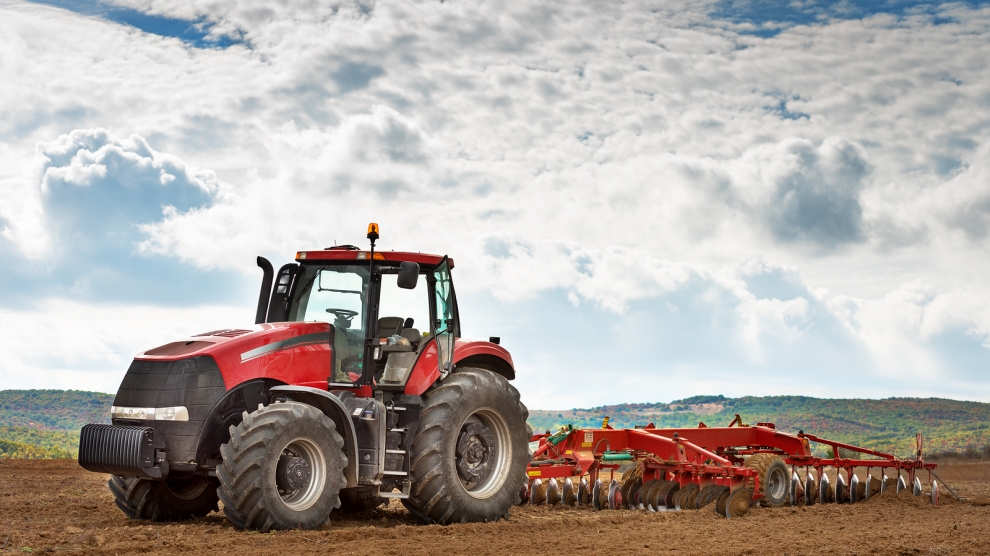Bulgaria is ranked fourth amongst EU members in terms of GDP growth for the last decade. Aggregated economic growth reached 85 per cent between 2006 – 2017, whereas accumulated inflation for the period amounts to just 34 per cent. The stable development of the entire economy is reinforced by the strict monetary policy, where the national currency rate is pegged to the euro and the money supply is tied to foreign currency reserves, which engender a less risky and more predictable investment environment. The monetary regime, adopted in 1997, has facilitated the achievement of a conservative fiscal policy over the last 20 years, as the share of consolidated governmental debts amounts to 29 per cent of GDP, which places Bulgaria third among EU member states with the lowest percentage of governmental liabilities. The macroeconomic stability is steadied by the relatively high percentage of total investments, which in the last 10 years represent an average of 24 per cent of GDP annually.
Enhancing farming investments
The stable macroeconomic conditions, accession to European Union with its common market and valuable cohesive, social and agricultural support policy promote the viability of Bulgarian agri-business. The strongest effect on agriculture is seen in the stabilisation of farm incomes and enhancement of farmers’ investments, which is prompted by tangible public support to agriculture. Annual incomes per farm rose from around 3000 euros in 2007 to over 10000 euros in 2016. Revenues from subsidies rose from around 500 euros per farm in 2007 to nearly 4000 euros in 2016, 40 per cent of factor incomes. Bulgarian agriculture has modernised and significantly improved its technological capacity.
Bulgaria’s accession to the EU accelerated the restructuring process in Bulgarian agriculture. The number of farms fell from 493,000 in 2007 to 204,000 in 2016 and the average size increased from 6.2 ha to 18 ha. per holding. This is one of the biggest and most significant changes seen since accession: the disappearance of the smallest farms. The GVA from agriculture in recent years has constantly declined and is about 4 per cent of the national GDP due to outmatching growth in secondary and tertiary industries over agriculture. The highest performance is seen within grain and oilseed production, which compose of about 50 per cent of the GAO. Their growth is notable.
Public investment
Agriculture has taken advantage of the public investment aid bound to the sector. Over 10 years of EU membership, the growth in indirect productive investment in agriculture jumped annually threefold from 50 million euros up to 150 million euros. This has brought a beneficial economic impact. Investments in agriculture grow significantly, but a predominant part of investment also goes on indirect capital (non-productive and auxiliary machinery, buildings and so on) instead of direct (production investment in livestock and crops), which partially improves productivity and efficiency in agriculture but does not contribute significantly to Gross Value Added.
Although agriculture’s contribution to the country’s GDP has fallen, the value added from the food processing industry in the food value chain has achieved significant results. In recent years, the food industry has seen growth of 65 per cent compared to the period prior to accession. The share in total industry GVA remains high – over 10 per cent. Since Bulgaria joined the EU, the food industry has adapted well to the conditions of European membership and has overtaken a lot of other industrial sectors. Food exports have increased substantially and their share in the total export volume of the country exceeds 9 per cent.
The future challenges to the Bulgarian agriculture are related to achieving a sustainable and vibrant development of the food chain, particularly in terms of boosting the value added. It can be attained by focusing on livestock, fruit and vegetables. The value chain is characterised by a shortage of domestically produced primary raw materials for the meat and dairy processing chains and canning industry, weaknesses are noted in insufficient production efficiency due to high fixed costs and underuse of technological capacity. These challenges should be handled hereinafter.
Agriculture provides very good conditions for investment, in the meat industries and vegetable-growing (greenhouses), which heavily depend on capital. Internal conditions are favourably attributed to resource availability, low costs to production factors, while reliable local and external market demand should guarantee further stability, policy consistency and support for different initiatives. •

